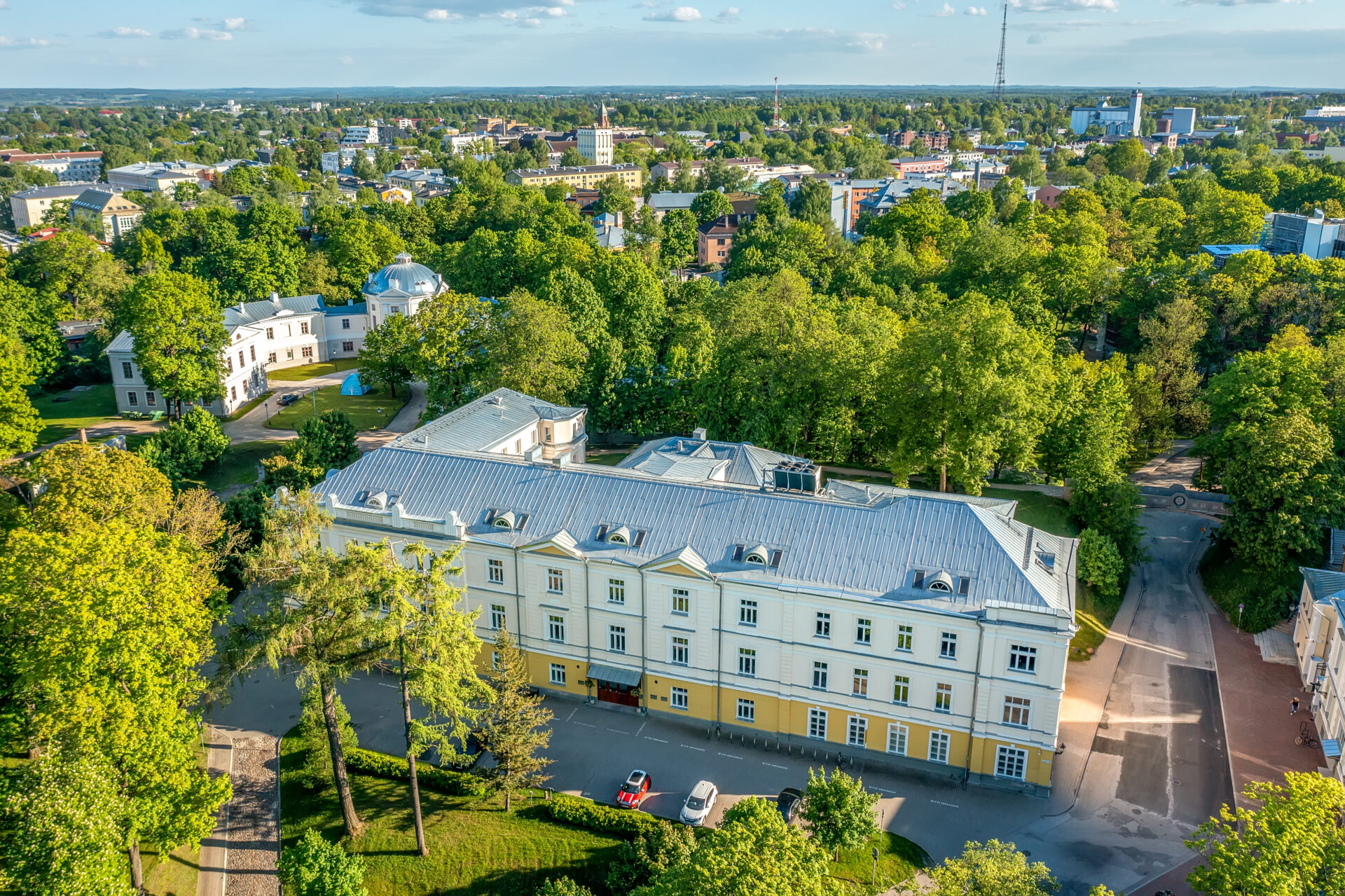
Tartu Conference on East European and Eurasian Studies
Organisers
The Tartu Conference 2026 is organised by the Johan Skytte Institute of Political Studies and the Centre for East European and Eurasian Studies at the University of Tartu.
In the years 2016-2018, the conference was financially supported by the European Commission under a Horizon 2020 Twinning project entitled “Building Research Excellence in Russian and East European Studies at the Universities of Tartu, Uppsala, and Kent” (UPTAKE) under grant agreement No 691818.
Programme Committee
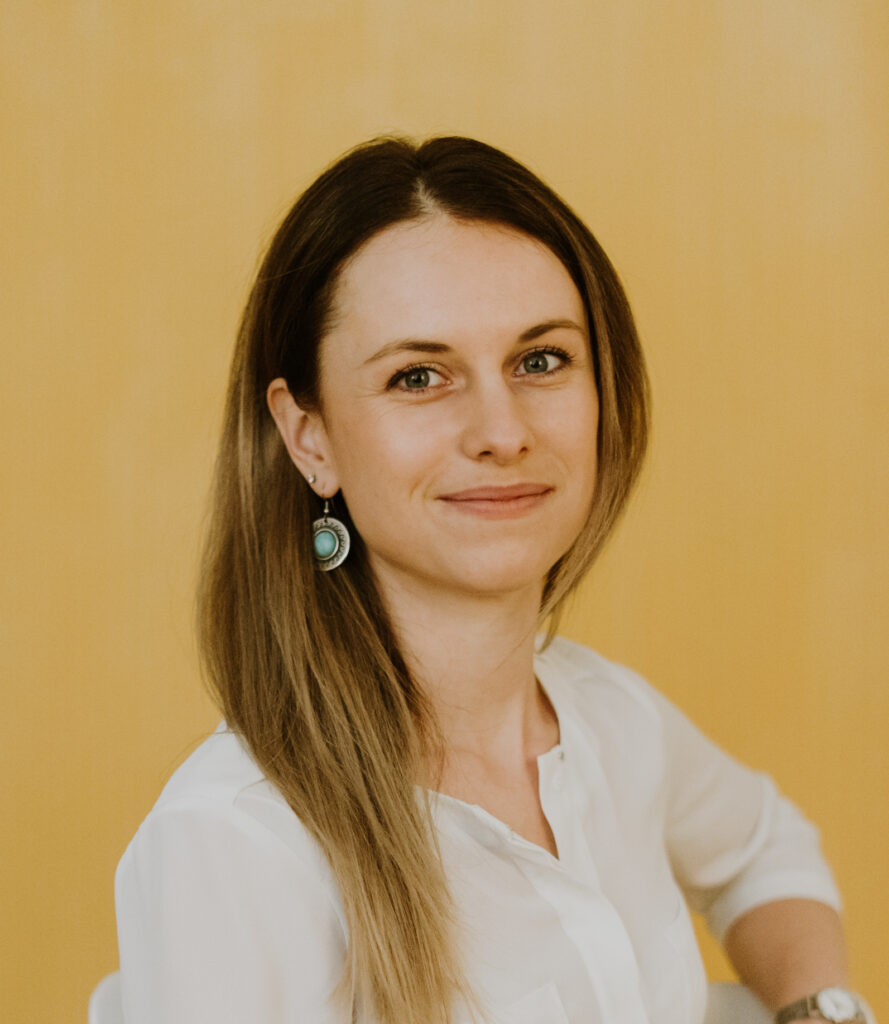
Catherine Gibson is an Associate Professor of East European Studies at the Johan Skytte Institute of Political Studies of the University of Tartu. Her research to date has focused on the history of nationalism, language, and science in Eastern Europe, with a particular focus on the Baltic provinces of the Romanov Empire in the nineteenth and early twentieth centuries. She is the author of the book Geographies of Nationhood: Cartography, Science, and Society in the Russian Imperial Baltic (Oxford University Press, 2022) and PI of the ERC-funded project EMPSOLID “Empire of solidarities: a connected history of private charity across a decentred Romanov Empire, 1855–1914.” (Photo by Patricia Goh)
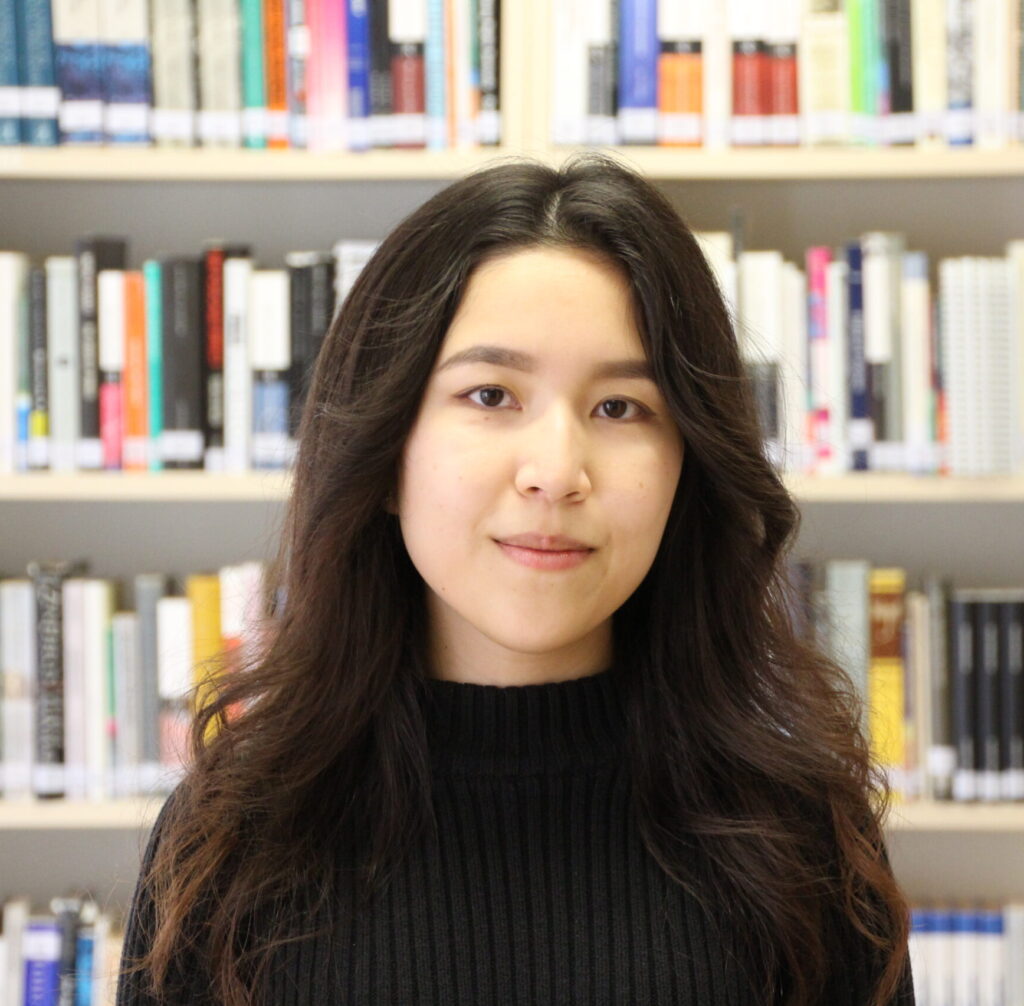
Aigerim Nurseitova is a junior research fellow and a doctoral student at the University of Tartu researching national minorities’ identity construction in the post-Soviet space. Aigerim has been part of the Tartu Conference’s organizing team since 2021. As a programme assistant, she provides support to the Programme Chair in programme planning and conference management.
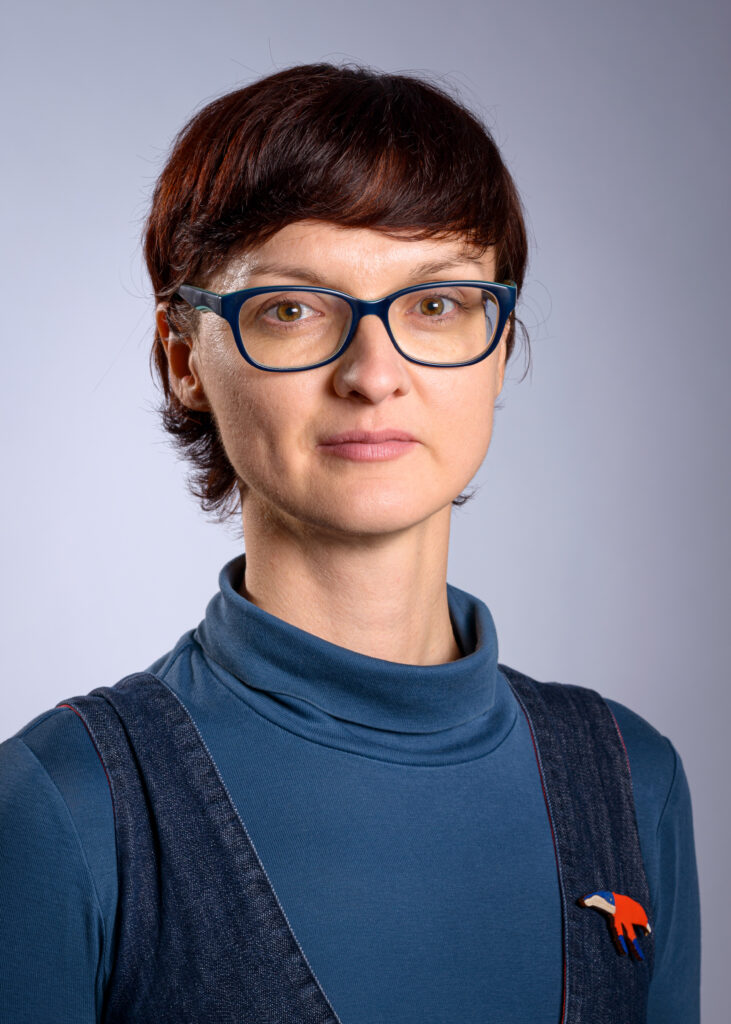
Alicja Curanović is a Professor at the Faculty of Political Science and International Studies at the University of Warsaw. Her main research interests include: Russian foreign policy; religion in international relations; identity, status, and messianism in politics. Her articles have appeared in International Relations, Problems of Post-Communism, Politics and Religion, Nationalities Papers, Religion, State and Society, and The Russian Review. Her latest monograph is The Sense of Mission in Russian Foreign Policy: Destined for Greatness (Routledge, 2021).
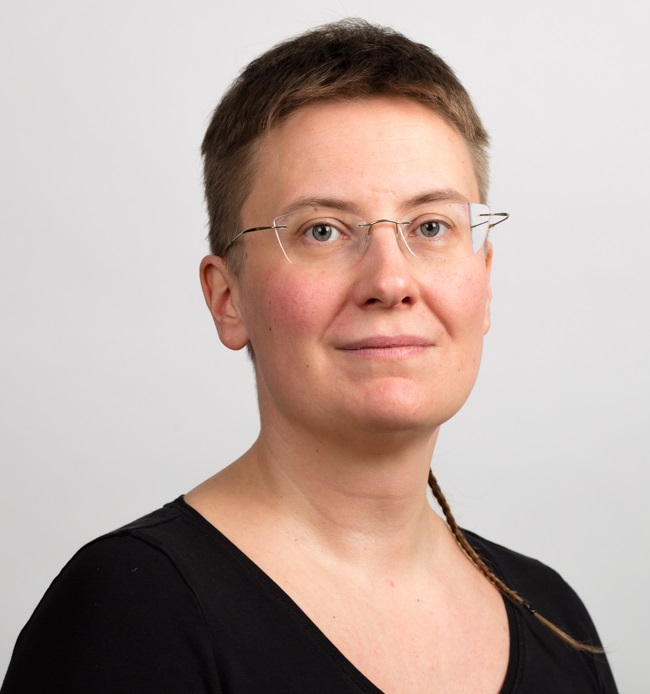
Riikka Taavetti, PhD, Title of Docent, works as a University Lecturer in gender studies at the University of Turku, Finland. Her research focuses on queer history and the history of sexuality in Estonia, Finland, and Sweden during the 20th century, and on queer oral history and queer memory studies. She is also the work package leader in the research project Overcoming Barriers for Participation (OBaMa, funding from the Strategic Research Council) that studies the barriers to democratic participation among minoritized and marginalized groups. (Photo credit: Joel Grandell)
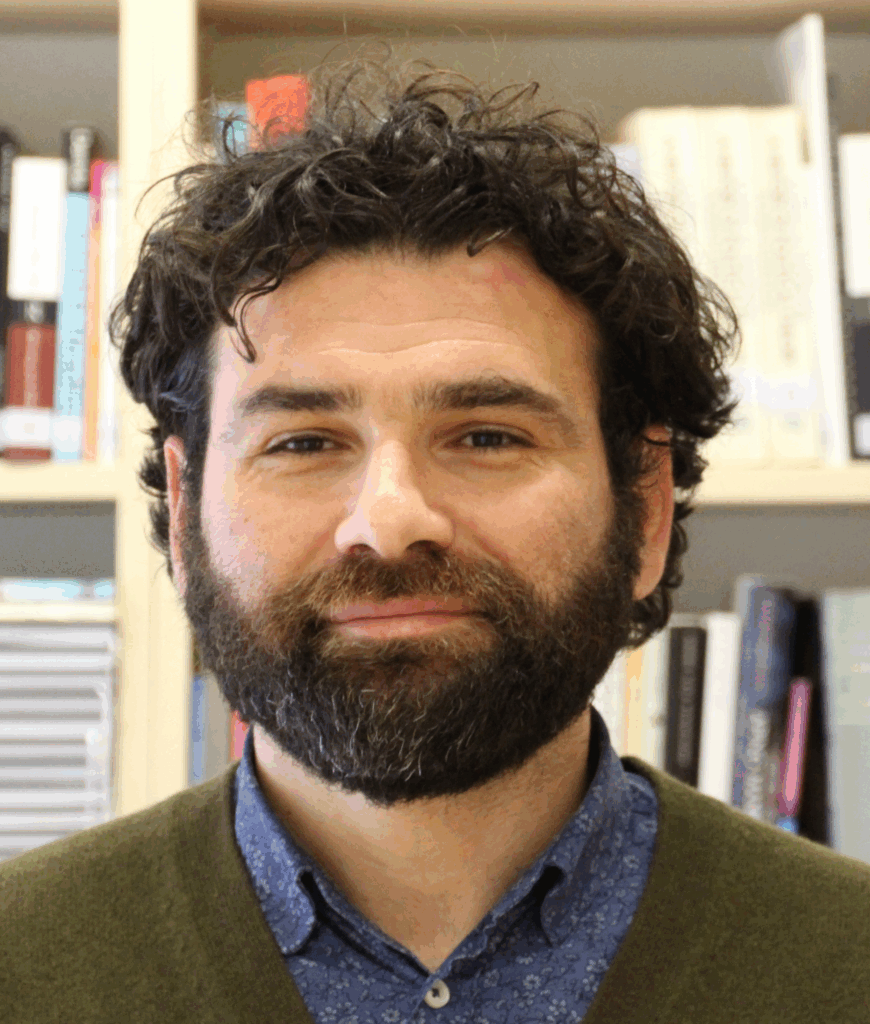
Shpend Kursani is a university lecturer and researcher at the Johan Skytte Institute of Political Studies at the University of Tartu. He holds a Doctorate in Political and Social Sciences from the European University Institute (EUI), a Master of Research degree in Political and Social Sciences from the same institute, and a Master of Philosophy degree in International Relations from the University of Cambridge. His Ph.D. dissertation, “Contested States: The Struggle for Survival and Recognition in the Post-1945 International Order”, won the 2020 Linz-Rokkan Prize for the Best Thesis in Political Sociology.
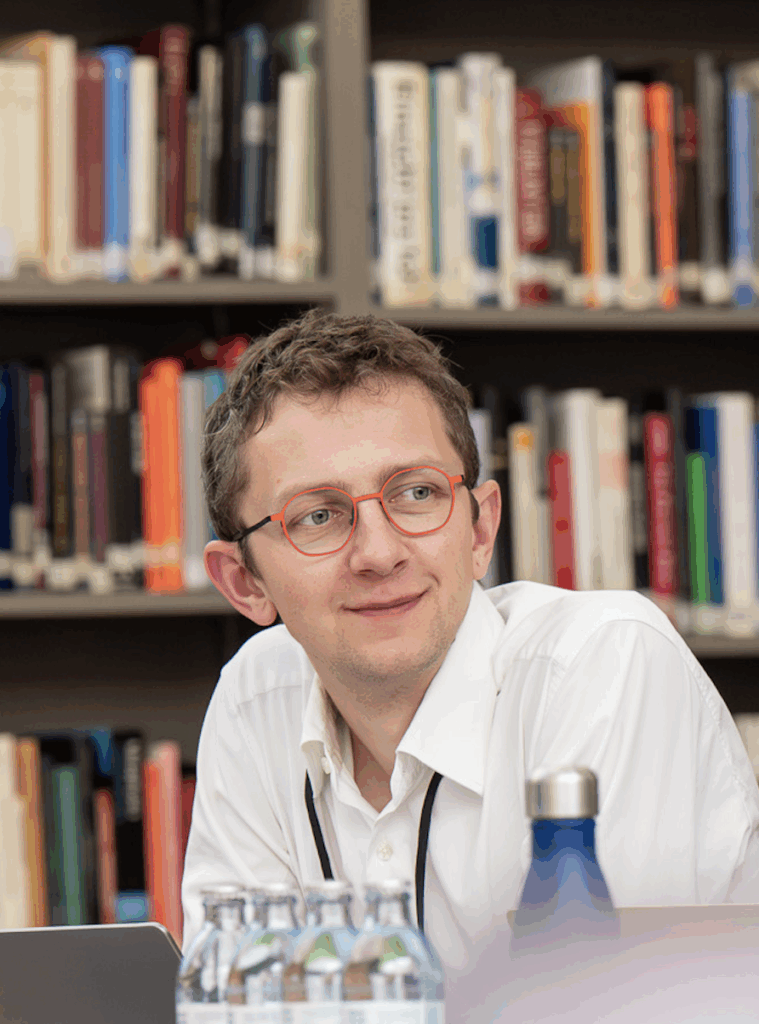
Taras Fedirko is a lecturer (assistant professor) at the University of Glasgow and Senior Research Fellow at the Institute for Human Sciences (IWM), Vienna. He is a political and economic anthropologist and studies how social movements transform war economies, states, and value and labour regimes. He does ethnographic and archival research in Ukraine and the UK.


